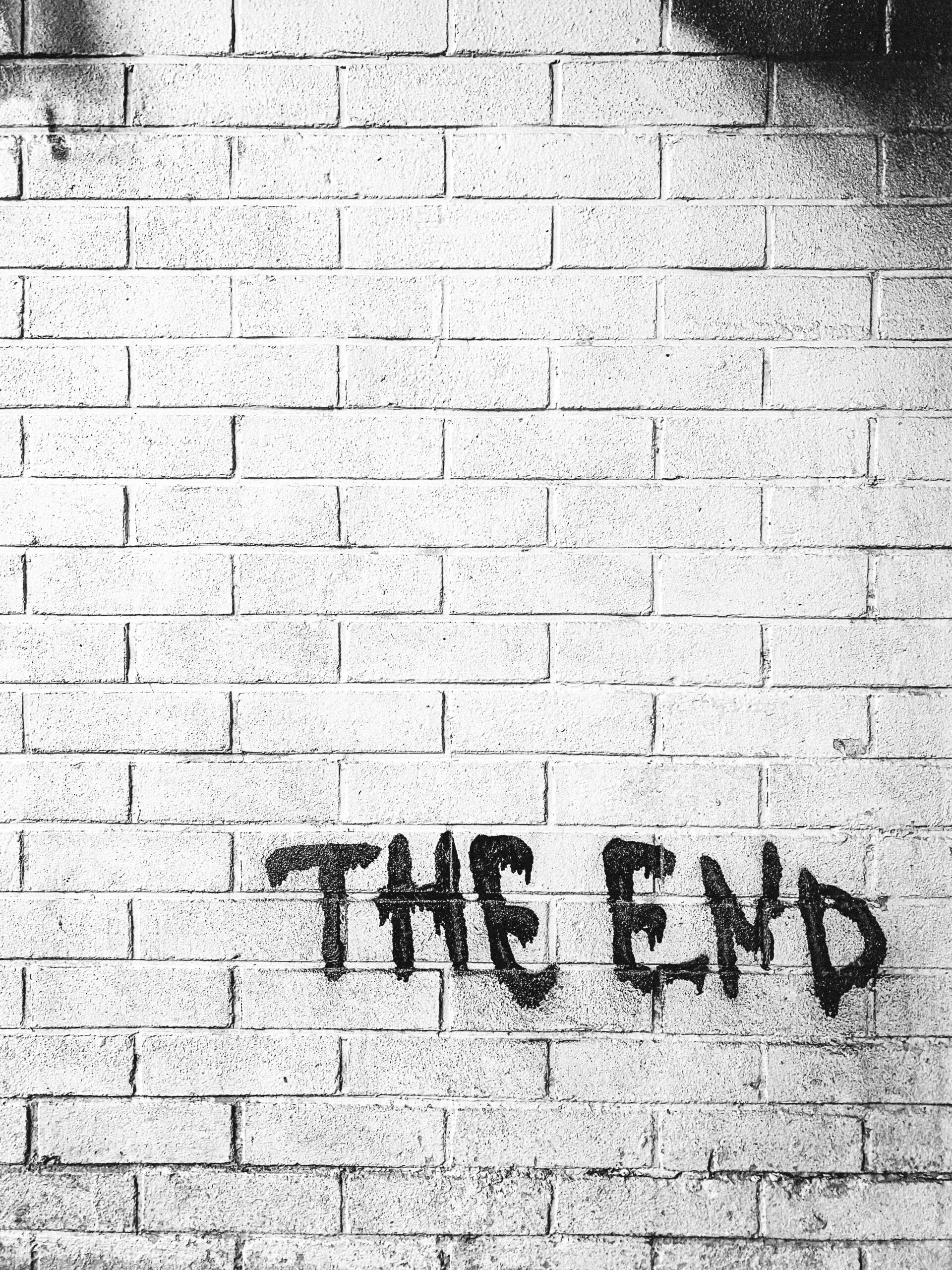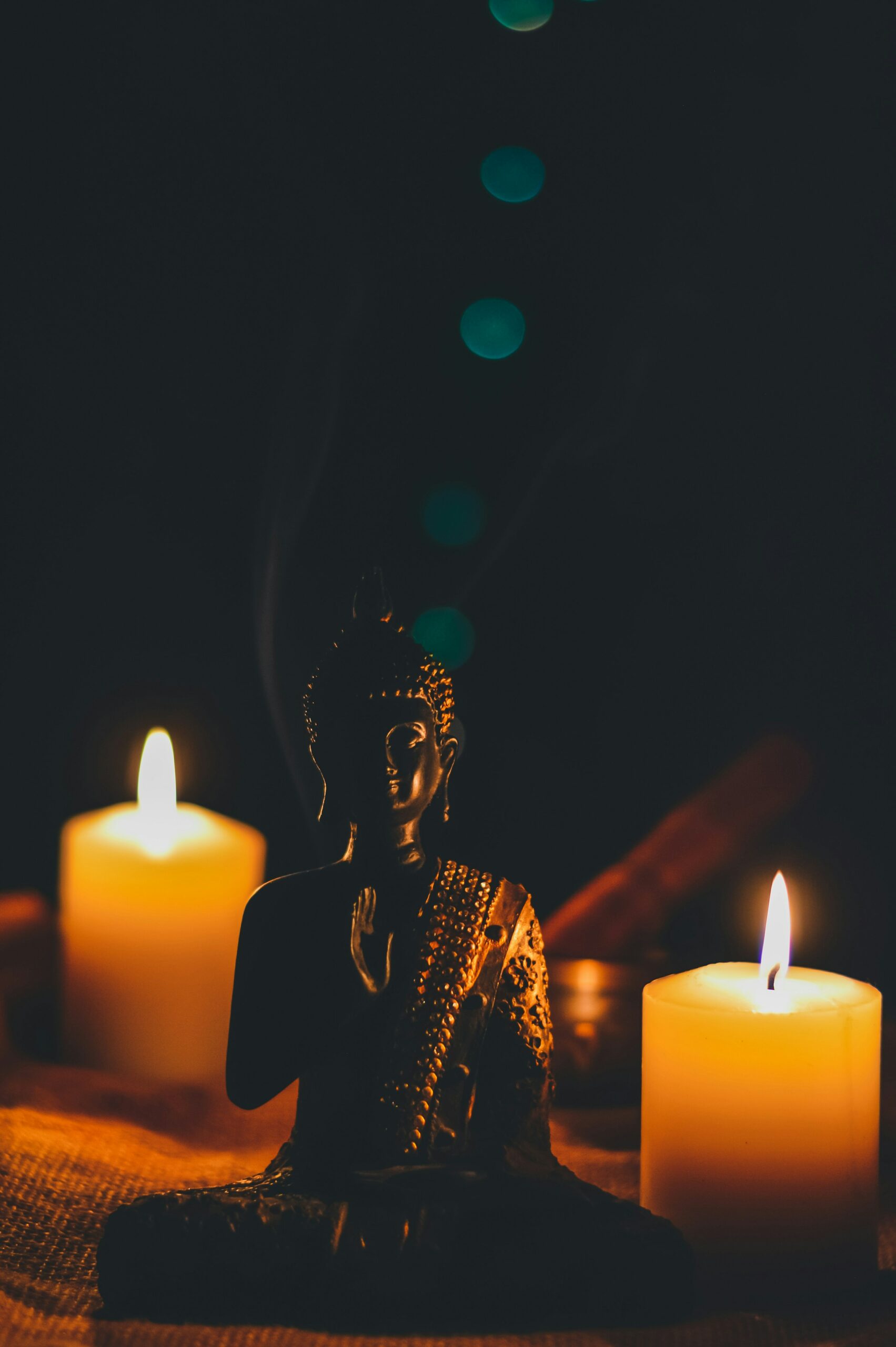I have the strongest urge to start this last piece about my mental health journey through an intensive outpatient program (IOP) with an apology. I can’t tell if it’s an acceptable urge or if I should use opposite action to resist it. The thing is, I don’t feel like I’ve done a very good job with this series. I’ve reported what happened, but have I conveyed the subjective side of what happened? Just the facts doesn’t cover half of it. I’ve said how intense the program was, but I just don’t know if I’ve shown it.
If I use my skills and check the facts, I’m sure I’ll see that there’s no apology necessary. The site has gotten more traffic than it has in ages from these posts. People have been liking them, sharing them, and leaving kind comments. They’ve been resonating with people. Other than a six-figure book deal, what more can I ask for? Nothing, of course.
So, why the self-doubt? Haven’t I learned anything from my eight weeks of group? 33 sessions in eight weeks is a lot of therapy. And I have learned a lot. I have new skills, new coping techniques, and new supports. But the self-doubt is persistent. I think it speaks to how difficult this work is.
This is where I feel like I’ve failed, conveying the difficulty of the work in an IOP. Every day we started with check-ins, then we did two or three skills. That’s what I wrote about every day. I talked about whatever I said during check-in and whatever skills we talked about. That was basically it for 33 sessions and 34 installments. It’s a very high-level view of the IOP. I barely mentioned how exhausted I was at the end of each session or the kind of emotions that were stirred up.
One of the mantras of the IOP was, “Emotions are neither positive nor negative. They just are.” Positivity or negativity come from what we do with our emotions. Anger, for example, is usually considered a negative emotion, and one I personally have trouble dealing with. But it’s not negative. Anger is a natural reaction to certain circumstances. The trick is to use the anger constructively. Another way to look at it is we don’t control our emotions, but we do control our actions.
I say all that to say that the emotions that were stirred up are what we usually think of as negative emotions. Anger, fear, sadness, and things like that. When we were doing skills, we were, at the same time, talking about how we have used the skills or how we could use the skills to get something positive out of the (only seemingly) negative emotions. That means, we were talking about triggering situations either in the past or anticipated. Three hours of talking about triggers is a lot of work.
I’m not conveying it as well as I think I’m capable of. It’s frustrating. It’s like something is blocking me. I still can’t decide if I should apologize or not. I guess it is what it is. That means it’s time for some radical acceptance.











